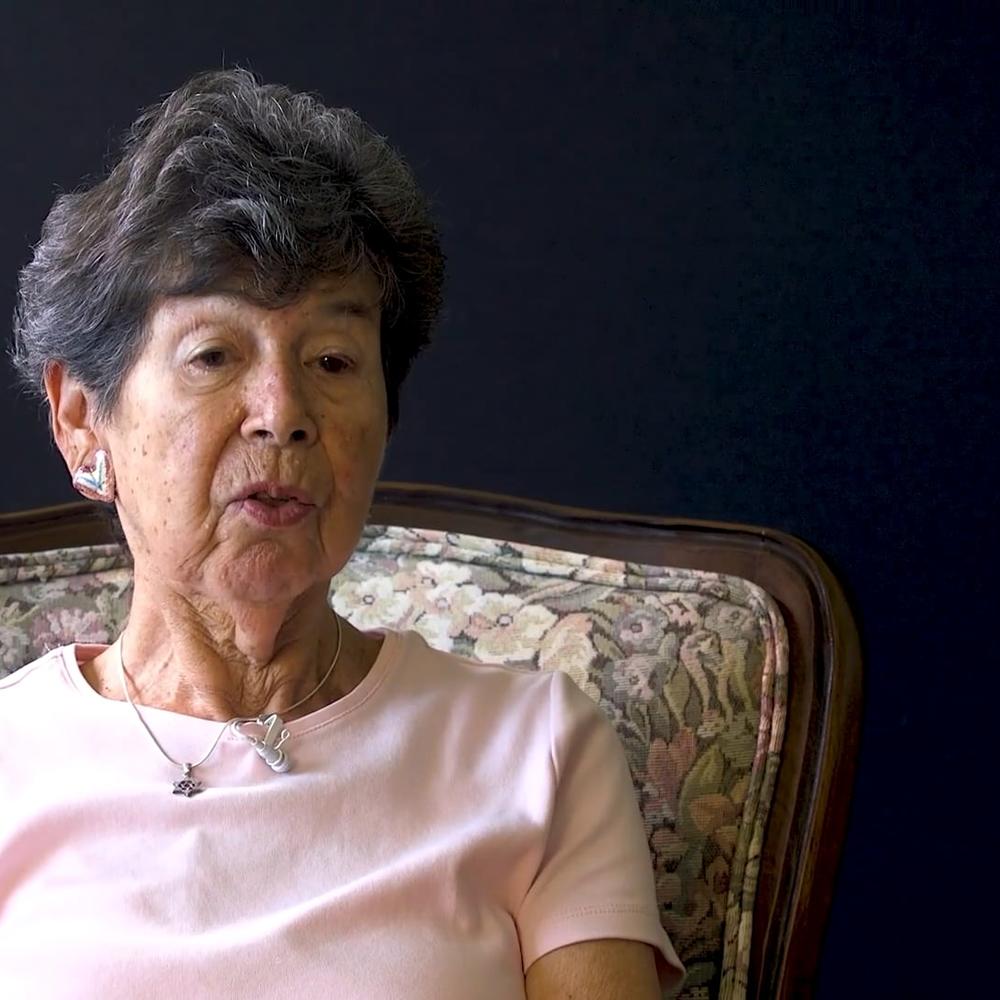2020 Days of Remembrance Candle Lighters
Girsch Kuklya

Russian survivors are often excluded from the definition of Holocaust survivors. A survivor is not only a victim from a concentration or labor camp, it is any person who was persecuted as a Jew in a country occupied by Nazis. Girsch Kuklya is one of thousands of Russians who suffered grievously under the Nazis and fled east to Asia. Girsch’s unique story gives this period of history a voice.
Girsch’s story begins in 1926, when he was born in Riga, the capital of Lativa. Before the Second World War, 40,000 Jews lived in Riga, approximately 10 percent of the population. Riga supported a well-developed network of Hebrew and Yiddish schools and enjoyed a lively Jewish cultural center. Despite pervasive Russian propaganda that the Russians would crush the Nazis, the Nazis nonetheless invaded Latvia in June 1941, and a week later Latvia became a part of Nazi Germany.
In November and December 1941 the Riga ghetto became crowded after the arrival of German Jews. The remaining 30,000 Jews in Riga were taken from the ghetto to nearby the Rumbula forest and shot by the Nazi Einsatzgruppen. At that time Girsch fled with his mother and grandmother on an arduous train journey to an unknown destination in Central Asia. Girsch's father Yudel was mobilized and killed on the Russian front. His grandfather died in a synagogue that was bombed in July, 1941.
Girsch, along with his mother and grandmother, arrived 1500 miles from home to an area between the Caspian Sea, Ural Mountains and Pacific Ocean. Between the ages of 14-17 Girsch worked 10-12 hour days with little food. The family moved from one collective farm to another where they often slept on straw with 10 people to a room. The winters were frigid, and they had little warm clothing. They existed on bread made from potatoes.
In December, 1944 Latvia was liberated, and the family was granted permission to return to Riga. They found strangers living in their apartment, but did find some of Girsch’s Bar Mitzvah items. The family was able to relocate to another apartment in the same building.
Girsch met his wife at a friend's house where young people gathered. His wife's father was a rabbi. Girsch, along with his wife and daughter lived in a three-room apartment until 1977 when they were finally permitted to leave the Soviet Union. They left Riga by train to Vienna and were helped by HIAS (Hebrew Immigrant Aid Society). Four months later they arrived in Rome and from there to to New York, moving eventually to Atlanta. Girsch arrived to his new home and built a life for his family. Girsch retired in 2009 and, despite his life’s hardships, is an optimistic, cheerful man who walks daily and listens to Yiddish music.